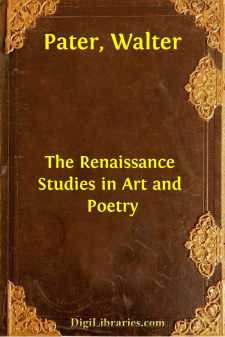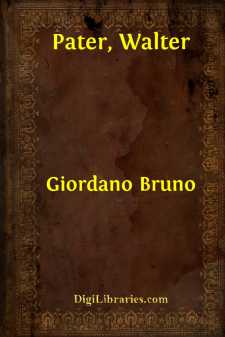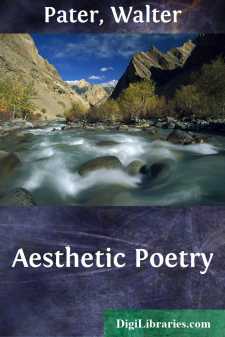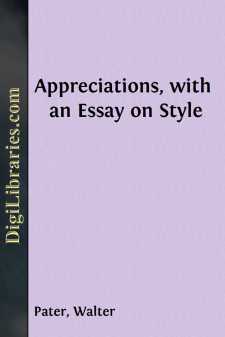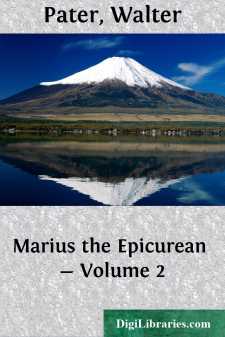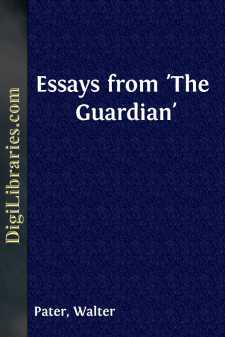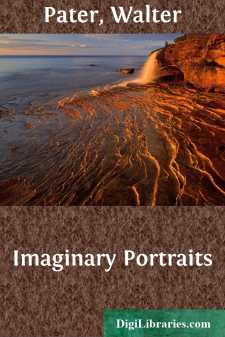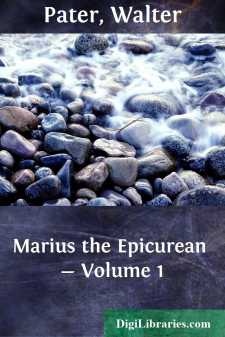Categories
- Antiques & Collectibles 13
- Architecture 36
- Art 48
- Bibles 22
- Biography & Autobiography 816
- Body, Mind & Spirit 145
- Business & Economics 28
- Children's Books 17
- Children's Fiction 14
- Computers 4
- Cooking 94
- Crafts & Hobbies 4
- Drama 346
- Education 58
- Family & Relationships 59
- Fiction 11834
- Foreign Language Study 3
- Games 19
- Gardening 17
- Health & Fitness 34
- History 1378
- House & Home 1
- Humor 147
- Juvenile Fiction 1873
- Juvenile Nonfiction 202
- Language Arts & Disciplines 89
- Law 16
- Literary Collections 686
- Literary Criticism 179
- Mathematics 13
- Medical 41
- Music 40
- Nature 179
- Non-Classifiable 1768
- Performing Arts 7
- Periodicals 1453
- Philosophy 66
- Photography 2
- Poetry 897
- Political Science 203
- Psychology 45
- Reference 154
- Religion 516
- Science 126
- Self-Help 85
- Social Science 82
- Sports & Recreation 34
- Study Aids 3
- Technology & Engineering 59
- Transportation 23
- Travel 463
- True Crime 29
Our website is made possible by displaying online advertisements to our visitors.
Please consider supporting us by disabling your ad blocker.
The Renaissance Studies in Art and Poetry
by: Walter Pater
Categories:
Description:
Excerpt
PREFACE
Many attempts have been made by writers on art and poetry to define beauty in the abstract, to express it in the most general terms, to find a universal formula for it. The value of these attempts has most often been in the suggestive and penetrating things said by the way. Such discussions help us very little to enjoy what has been well done in art or poetry, to discriminate between what is more and what is less excellent in them, or to use words like beauty, excellence, art, poetry, with a more precise meaning than they would otherwise have. Beauty, like all other qualities presented to human experience, is relative; and the definition of it becomes unmeaning and useless in proportion to its abstractness. To define beauty, not in the most abstract, but in the most concrete terms possible, to find, not a universal formula for it, but the formula which expresses most adequately this or that special manifestation of it, is the aim of the true student of aesthetics.
"To see the object as in itself it really is," has been justly said to be the aim of all true criticism whatever; and in aesthetic criticism the first step towards seeing one's object as it really is, is to know one's own impression as it really is, to discriminate it, to realise it distinctly. The objects with which aesthetic criticism deals—music, poetry, artistic and accomplished forms of human life—are indeed receptacles of so many powers or forces: they possess, like the products of nature, so many virtues or qualities. What is this song or picture, this engaging personality presented in life or in a book, to ME? What effect does it really produce on me? Does it give me pleasure? and if so, what sort or degree of pleasure? How is my nature modified by its presence, and under its influence? The answers to these questions are the original facts with which the aesthetic critic has to do; and, as in the study of light, of morals, of number, one must realise such primary data for oneself, or not at all. And he who experiences these impressions strongly, and drives directly at the discrimination and analysis of them, has no need to trouble himself with the abstract question what beauty is in itself, or what its exact relation to truth or experience—metaphysical questions, as unprofitable as metaphysical questions elsewhere. He may pass them all by as being, answerable or not, of no interest to him.
The aesthetic critic, then, regards all the objects with which he has to do, all works of art, and the fairer forms of nature and human life, as powers or forces producing pleasurable sensations, each of a more or less peculiar or unique kind. This influence he feels, and wishes to explain, analysing it and reducing it to its elements. To him, the picture, the landscape, the engaging personality in life or in a book, La Gioconda, the hills of Carrara, Pico of Mirandola, are valuable for their virtues, as we say, in speaking of a herb, a wine, a gem; for the property each has of affecting one with a special, a unique, impression of pleasure....


